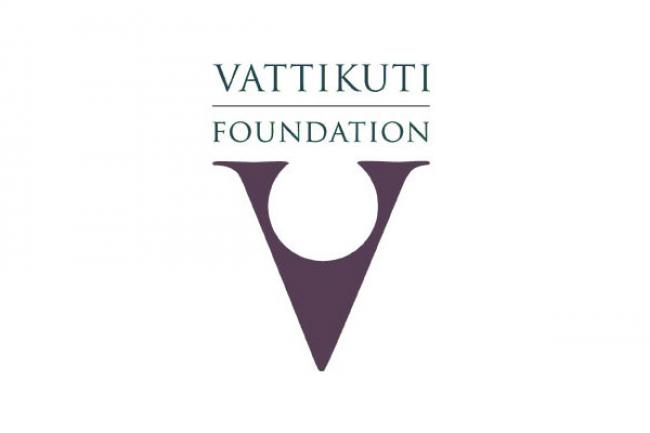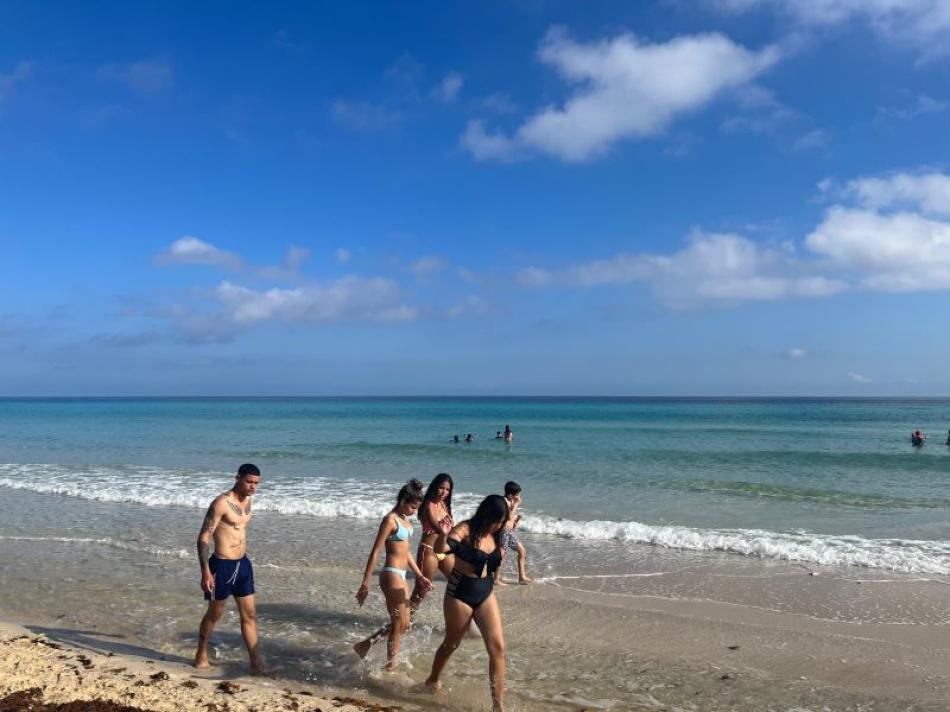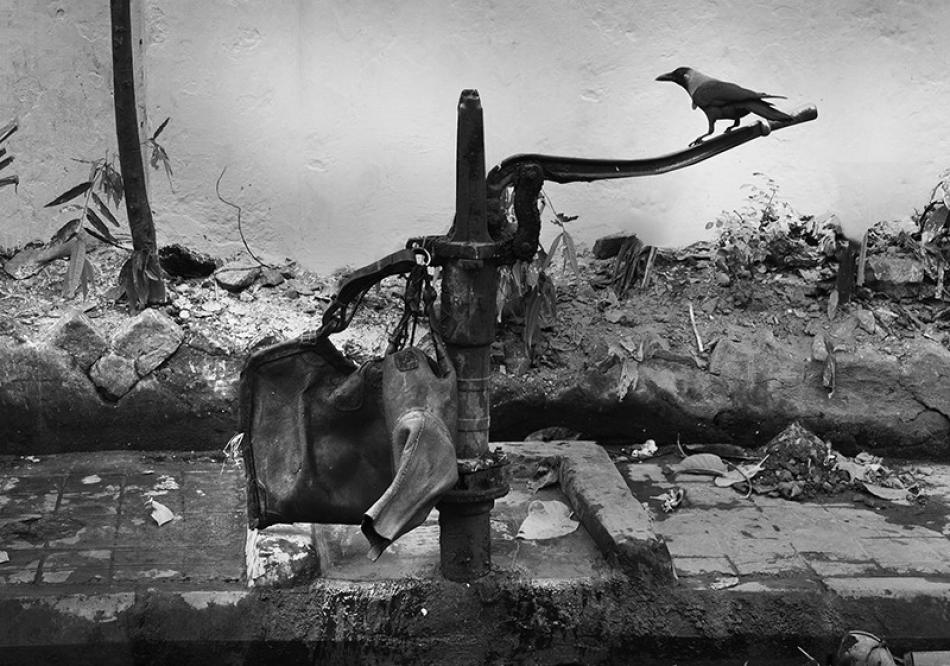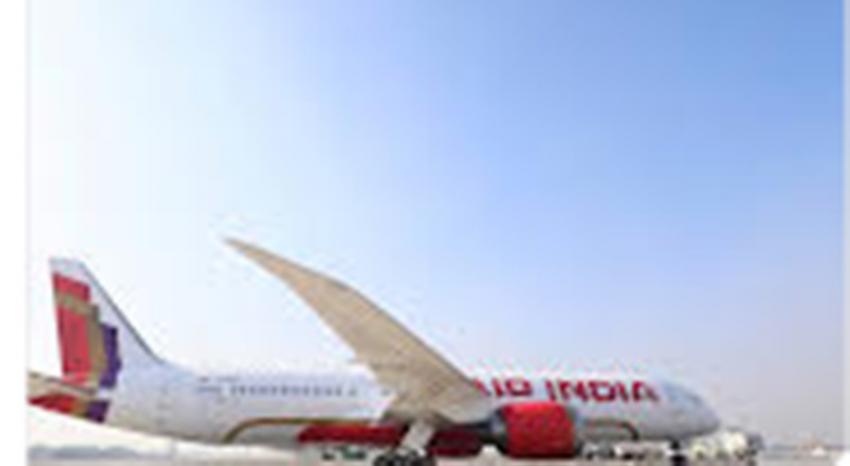19 Oct 2016, 04:14 pm

The fellowships, sponsored by Vattikuti Foundation, will help the seven selected surgeons gain expertise in this emerging field as they will go through extensive training under the mentorship of eminent Robotic Surgeons in these three areas.
During their fellowship, the chosen surgeons would be trained in simulation-based dry laboratory for bedside patient assistance, patient positioning and port placement skills as well as in porcine laboratories (pig labs) for practical training.
It is a highly structured program developed in collaboration with the Intuitive Surgical Inc. and other partner Vattikuti Institutions.
The idea behind the fellowship is to grow the pool of trained robotic surgeons in India and prepare a competent robotic surgeon at the end of the program.
Vattikuti Foundation and the host institutions – New Delhi NCR’s Medanta Vattikuti Institute, Escorts Fortis Institute, Rajiv Gandhi Cancer Institute; Apollo Hospital, Chennai; Amrita Institute of Medical Sciences, Kochi and Manipal Hospital, Bengaluru, selected the seven candidates from a pool of over a hundred applicants with post graduate qualifications in surgery and a super specialization in urology, gynaecology or ENT.
Vattikuti Foundation already has Uro-oncology fellows working at the Rajiv Gandhi Cancer Institute, Delhi and Kokilaben Dhirubhai Ambani Hospital, Mumbai.
In all, the has been promoting Robotic Surgery in the US since 1997, right from the inception of robotic surgery and has committed to 100 fellowships in India by 2020.
“At the end of this rigorous training process, we expect these bright surgeons with impeccable qualifications to become accomplished Robotic Surgeons capable of handling procedures independently,” says Dr. Mahendra Bhandari, CEO, Vattikuti Foundation.
“The training will help Vattikuti Fellows imbibe a robust knowledge to stay at the cutting edge of technology in medicine,” adds Dr. Bhandari, who also serves as Director Robotic Research and Education, Vattikuti Urology Institute, Henry Ford Hospital, Detroit.
The seven selected Vattikuti Fellows will begin their training in robotic surgery by working with their mentors at New Delhi’s Medanta Vattikuti Institute, Escorts Fortis Institute, and Rajiv Gandhi Cancer Institute; Apollo Hospitals, Chennai; Amrita Institute of Medical Sciences, Kochi and Manipal Hospital, Bengaluru starting Oct 2016.
Vattikuti Fellows
The fellows specializing in Urology—Dr. Kalpesh Parmar, Dr. Sachin Arakere, and Dr. K. R. Seetharam Bhat will be mentored by Medanta Vattikuti Institute’s Dr. N.P Gupta, Escorts Fortis Institute’s Dr. Rajesh Ahlawat and at Apollo Hospital Chennai’s Dr. Sivaraman Ananthkrishnan.
Dr. Gaurav Desai and Dr. Sushil Kumar will specialize in Gynecological Oncology under the mentorship of Amrita Institute of Medical Sciences’ Dr. Anupama Rajanbabu and Manipal Hospital’s Dr. SP Somashekhar.
In the field of Head and Neck Oncology Dr. Karan Gupta will be mentored by Rajiv Gandhi Cancer Institute’s Dr. Surendra Dabas.
The foundation runs a medical student engagement program where identified Vattikuti Scholars (with a post graduate degree in surgery and a super specialization) are exposed to webinars and invitation to participate in bi-annual Robotic Surgeons Council meets.
Vattikuti Foundation Innovation Program
Under the Vattikuti Foundation Innovation program, surgeons working at the Vattikuti Urology Institute at Henry Ford Hospital in Detroit developed several procedures such as Vattikuti Institute Radical Prostatectomy (VIP), Robotic Radical Cystectomy, Robotic Partial Nephrectomy, Robotic surgery for children and Vattikuti technique of robotic kidney transplant surgery.
These techniques were developed at the Vattikuti Urology Institute, Henry Ford Hospital in collaboration with institutions in India and across the globe and have gone on to become the Gold standard for robotic urologic surgery.
American surgeon Dr. Mani Menon, Director of Vattikuti Urology Institute, Henry Ford Hospital has played a stellar role in leading the development of new applications of robotic surgery.
Since then the foundation has been working with surgeons around the world to pioneer various Robotic procedures including one for kidney transplant, developed together by Indian surgeons from Hospitals in Delhi and Ahmedabad.
Robotic Surgery in India: New Milestones
In the last 5 years, multi-disciplinary Robotic Surgery has established its value in India with documented superior patient outcomes and efficacy.
The foundation has helped expand Robotic Surgery to over three dozen hospitals in a dozen Indian cities in just five years, while the number of trained robotic surgeons has crossed 200.
Indian surgeons have been adapting to this new-age tool with great enthusiasm and skill.
At the forthcoming Robotic Surgeons’ conference organised by the Foundation to be hosted by Kokilaben Dhirubhai Ambani Hospital, Mumbai in Nov, 2016, nearly 150 Robotic Surgeons are expected to participate and share their experiences and techniques.
Robotic Surgery Benefits
Robotic surgery scores over conventional surgery as it minimizes blood loss, drastically reduces the post-operative recovery time, and brings precision in executing the procedure, thus saving healthy tissue from damage.
The faster healing and lower pain-levels translate to shorter hospital stays and quick return to work.
It is estimated that of the 20 million surgeries performed worldwide annually less than 100,000 surgeries are performed using a Surgical Robot.
Surgical Robots combine the best of science, engineering and medicine.
With 4 arms, it can reach organs and areas where human fingers can’t.
The 3-dimensional view that can be magnified multifold, helps the surgeons achieve precision that prevents collateral damage to healthy tissue.
The single most important benefit of robotic surgery is quick recovery.
If the patient is back home on the third day post surgery, instead of say a ten-day recovery period that’s usual in conventional surgeries, a daily wage earner can get back to productive work much earlier, while the hospital can increase the efficiency of operations.
There is little to no pain, as Robotic arms enter the body via tiny incisions, healing is quicker for the patient, scarring is minimal and savings on pain management are significant.
As the incidence of tongue and mouth cancers are very high in India, Head and Neck surgery for cancer at the base of the tongue can best be undertaken using the Robot, with least pain and scarring to the patient.
- ‘This Union budget is about building capacity, not chasing short-term consumption’
- AI will replace surgeons, coders — and billions of jobs, warns Sraddhalu Ranade at MCHD-SKC Memorial Lecture
- Religion without servility: Journalist Anshul Chaturvedi on why Vivekananda speaks to believers and atheists alike
- Culturist Sundeep Bhutoria unveils anthology When Gods Don't Matter at Jaipur LitFest 2026
- Kolkata CP urges elderly to stay alert against digital scams at ‘Pronam’ interaction
- Sona Incubations, Salem picks 17 startups for Rs 11 Mn DST investment, grant
- Visva-Bharati University unveils a transformational roadmap under Vice-Chancellor Dr. Probir Kumar Ghosh
- Sona College of Technology hosts Think Salem 2025: To spur startup opportunity from Tier-2 Cities
- ACM India unveils National AI Olympiad 2026 to spot school talent for global AI stage
- Reject Macaulayan education, reclaim Indian values: H M Bangur’s big World Hindu Economic Forum pitch
Gurgaon : Air India, India’s leading global airline, has unveiled a completely refreshed beverage collection, one that brings together some of the world’s most celebrated wines and spirits at 35,000 feet on international routes.
Indian airline major Air India today announced a significant enhancement to its popular Mumbai-Frankfurt route, with the deployment of its newly delivered, first line-fit (or made-for-Air India)
Saudia, the national flag carrier of Saudi Arabia, and Air India, India’s leading global airline, have signed a codeshare agreement that will take effect in February.





